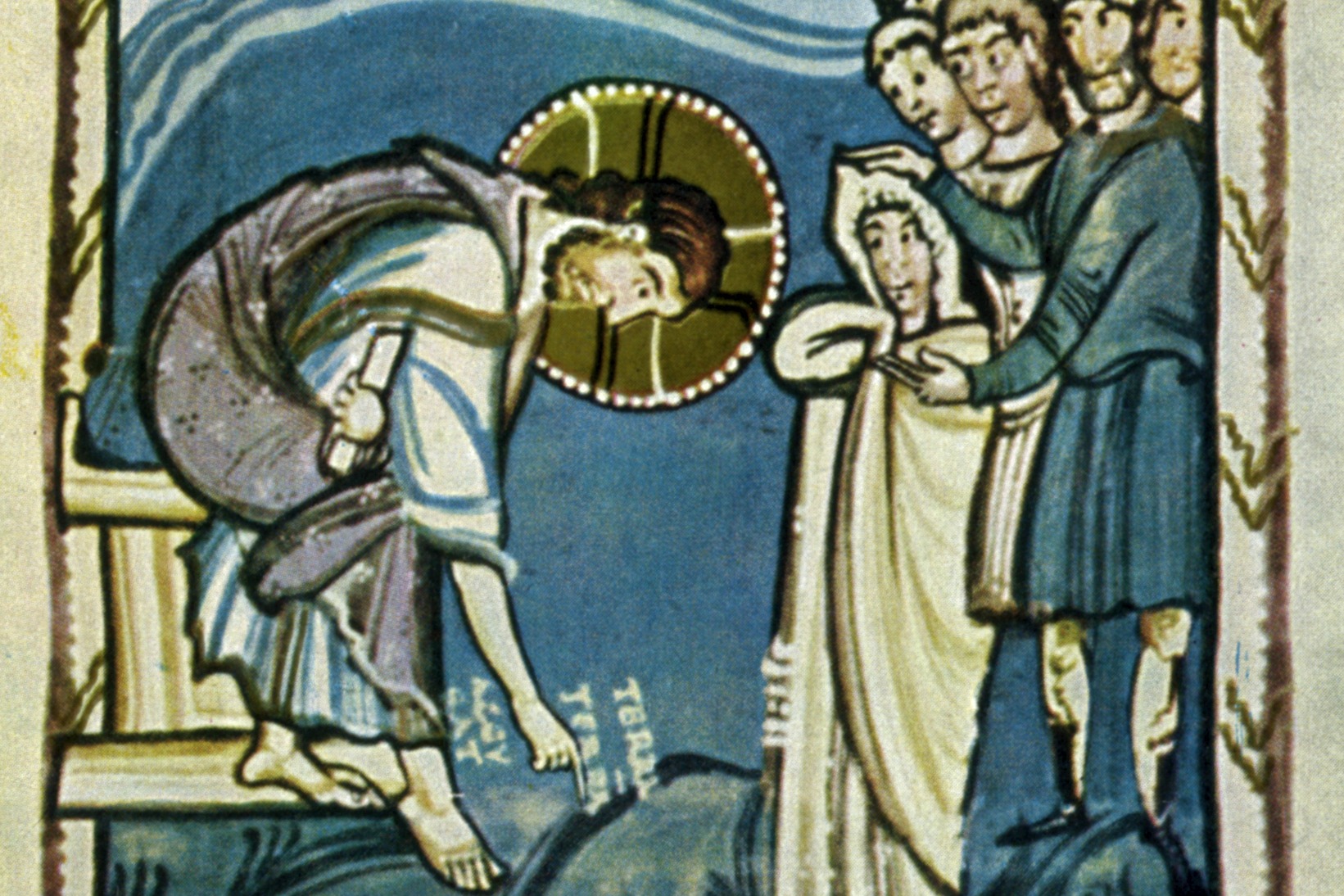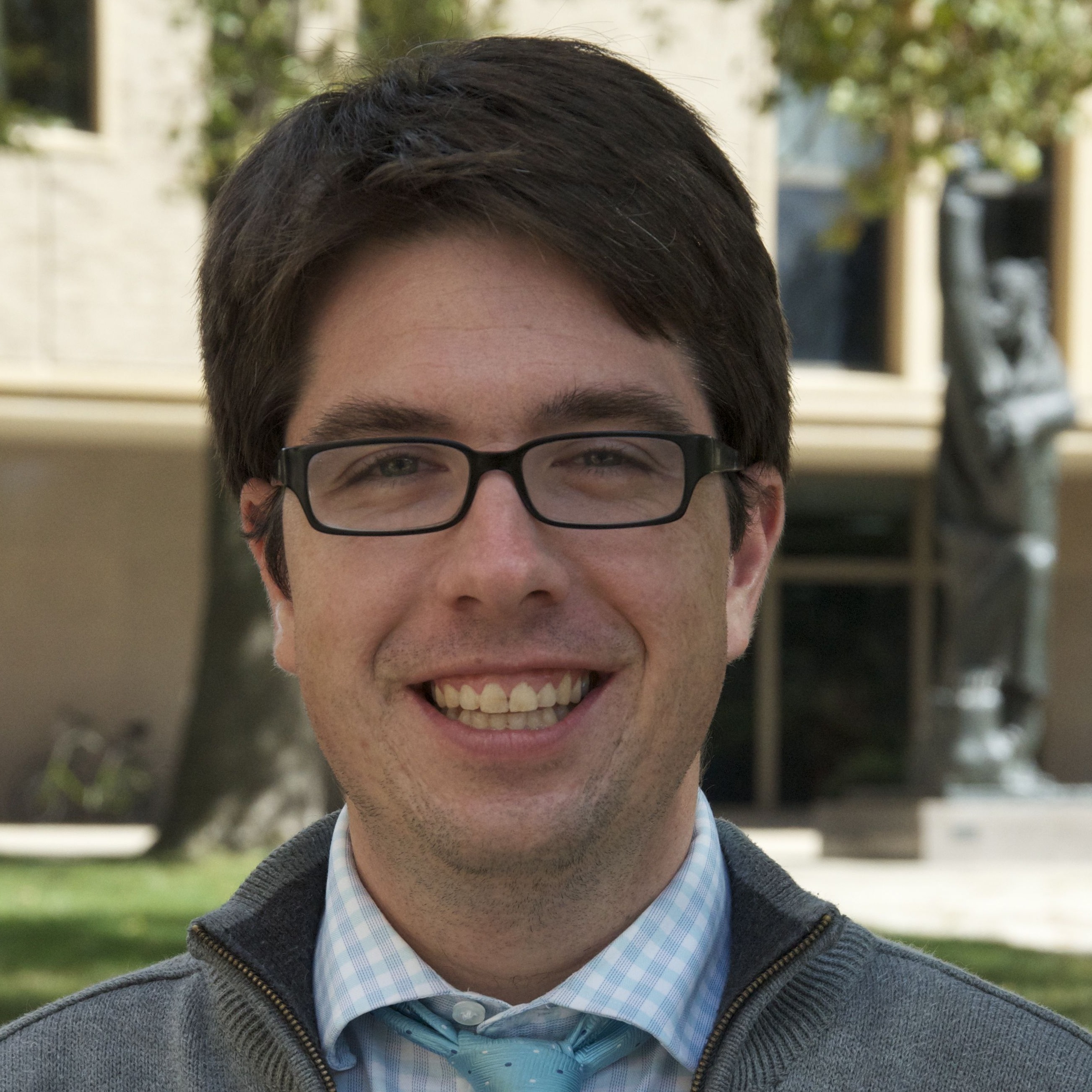Israel understands itself as a nation existing only through God’s extraordinary mercy. Blotted out from the earth because of their sins against the poor, their wars carried out for the sake of prosperity, and their political alliances that led to idolatry, God nonetheless restores them from captivity in Babylon. The God who led Israel out of Egypt through the Red Sea acts once again: “Remember not the events of the past,/the things of long ago consider not;/See, I am doing something new!” (Is 44:18–19). The dryness of the desert will now become a place of water, sustaining Israel as they come back from exile.
The psalmist notes that Israel must never forget the surprising mercy of God: “When the LORD brought back the captives of Zion,/we were like men dreaming./Then our mouth was filled with laughter,/and our tongue with rejoicing” (Ps 126:1–2). Those who could not sing a song of Zion in a foreign land (cf. Ps 137:3–4) now stand in the rebuilt Temple, singing a hymn of praise to God. It is this merciful love that they must never forget.
The woman caught in adultery in the Gospel of John (Jn 8:1–11) is so tragic because Israel has forgotten its identity as the nation who abides only through God’s mercy. Taking place in an area around the mercifully restored Temple, the scribes and Pharisees challenge the Word made flesh. If he agrees to the killing, he will be in violation of Roman law. If he refuses, he will oppose Mosaic Law, a false messiah.
In seeking to trap Jesus, they humiliate the woman, forgetting that they themselves only exist through God’s mercy. Among their number, it is very possible that the adulterous man is present, refusing to acknowledge his own sin. Jesus, sitting in solitude, writing an unknown word upon the dirt of the earth responds: “‘Let the one among you who is without sin be the first to throw a stone at her’” (Jn 8:7). They all depart, and Jesus administers God’s own merciful salvation to the woman: “‘Go, [and] from now on do not sin any more’” (Jn 8:11).
The Church herself exists as the communion of saints and sinners alike. At every Mass, we acknowledge before God and one another that we are a sinner among sinners. We have sinned through “my fault, my fault, my most grievous fault.” The righteousness we have before the triune God is not the result of our own hard-earned salvation but of “faith in Christ, the righteousness from God. . .” (Phil 3:9). We, like the Pharisees, the scribes, and the woman caught in adultery, can only stand before God because of a mercy we have already received.
The Church’s mission of mercy, then, is not a matter of forgetting the sinfulness of humanity. It is remembering that I do not exist as the lone righteous person in a world of sinners. I belong to the Church as a sinner, as one who participates in God’s salvific life out of a mercy first received.
The mercy that the Church offers to the world is not cheap. It requires a change of life, a re-orientation away from self-adoration to self-gift. But we do not come to offer this mercy as those “who have already attained perfect maturity” (Phil 3:12). We become missionaries of mercy when we first acknowledge ourselves as first among the sinners.
What we offer to the world is not our own righteousness, our own self-willed excellence. But a life permanently defined by the gift of mercy we have received out of God’s tender concern for us: “The LORD has done great things for us; we are filled with joy” (Ps 126:3).
![]()
This article originally appeared in Our Sunday Visitor: Newsweekly on March 2, 2016 and is reproduced here with the permission of the publisher.
Featured Image: Jesus and the Woman Taken in Adultery (11th c.); Hitda Codex; courtesy of Wikimedia Commons.



